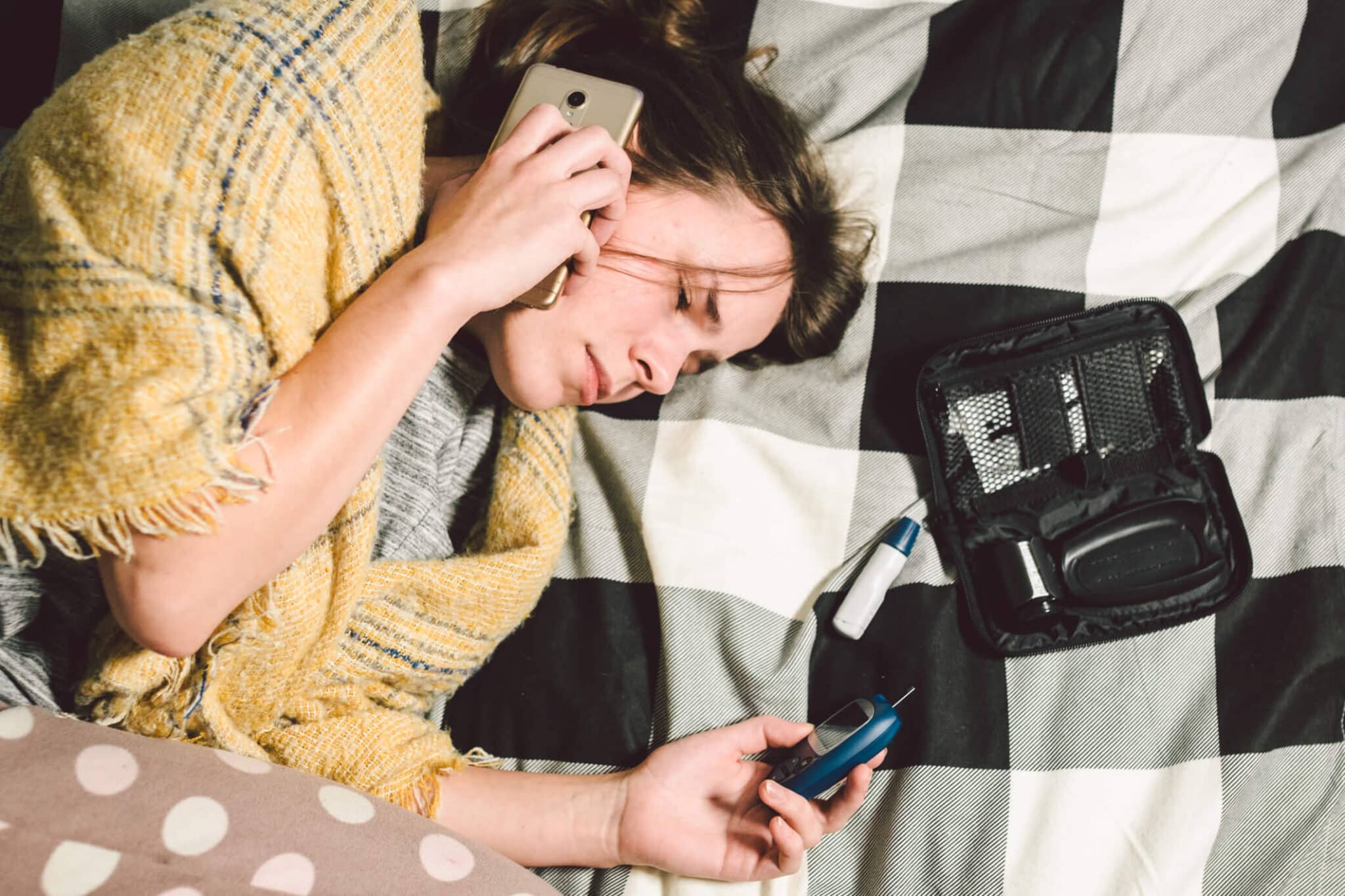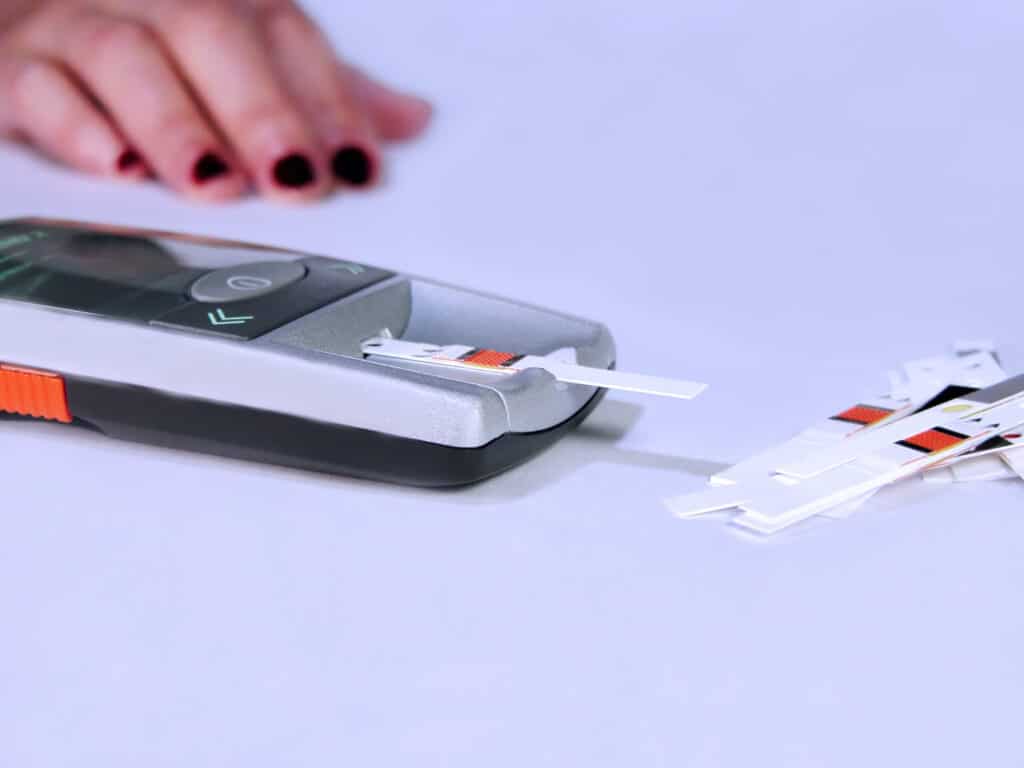
The Perks of Selling Your Unused Diabetic Test Strips
Posted on August 05, 2025 at 08AM
Gain Cash and Create Value from Unused Diabetic Supplies
Managing diabetes is a daily challenge, requiring not only discipline but also access to essential diabetes supplies like test strips, lancets, medications, and glucose meters. However, it’s not uncommon for individuals to accumulate a package of surplus test strips — sometimes due to changes in prescriptions, switches in brands like Accu-Chek, Dexcom, or OneTouch, or updates in insurance coverage through Medicaid or Medicare. There are several reasons this happens: a new guide to diabetes management, a shift in diet, or simply receiving the wrong amount through automatic refills. Regardless of the cause, it often leaves people asking essential questions about what to do with the extra supplies.
One way to avoid waste and unlock real savings is to sell unused test strips. If you’re considering this option, keep in mind that the process is legal, straightforward, and beneficial to others. While your strips are in transit to someone in need, you’re not only earning cash — you’re also helping reduce medical expenses for others managing diabetes. This article explores the benefits, process, and legality of selling your unused diabetic test strips — and how it can lead to extra income, community support, and reduced waste.
Selling Unused Strips Supports Community Health
Unused diabetic test strips can mean the difference between proper diabetes management and dangerous blood sugar levels for patients who cannot afford supplies. Choosing to make those strips available for sale supports the broader community by increasing access to discounted diabetes supplies. It’s one of the most effective ways to reduce waste and promote better health outcomes. No matter your location, when you resell unused test strips, you help someone else get what they need to stay healthy.
As the cost of care continues to rise, and insurance coverage becomes more restrictive, many individuals turn to trusted platforms as the best place for affordable test strip purchases. These platforms are built on reliability and transparency, providing clear information, practical tips, and legal guidance to ensure everything stays within the bounds of the law. Participating in this growing resale market is more than just a transaction — it’s a meaningful way to make a difference.
Selling Unused Diabetic Test Strips Provides Financial Relief
For individuals managing chronic conditions like diabetes, medical expenses can accumulate quickly. Selling unused test strips has become an innovative practice that offers a legitimate opportunity to earn cash and profit from surplus supply that would otherwise go to waste. The economy of diabetic supplies is driven by demand, and the prices of test strips vary depending on brands, condition, expiration date, and availability. But the potential to exchange unopened boxes of strips for money presents a valuable option for anyone looking to offset healthcare costs.
A trusted buyer on a legitimate platform may pay competitive retail prices for unused strips — especially in bulk — and offer convenient payment options like PayPal or direct deposit. In some cases, this extra income can make a real difference, helping people afford groceries, cover co-pays at the pharmacy, or reduce out-of-pocket medical expenses. For many, it’s not just about making money — it’s about making clever use of resources in a way that benefits both themselves and others.
Selling Diabetic Supplies Is Legal in Many Cases
A common concern is whether it’s legal to resell diabetic supplies. The short answer: yes, under specific conditions. It is legal to sell diabetic supplies such as test strips if you originally purchased them out-of-pocket and they are not marked as Medicaid or Medicare issued. Government-funded supplies are not eligible for resale due to federal laws and insurance policies. For those with extra boxes, reselling presents a legal way to earn cash, generate profit, and respond to real market demand for affordable diabetes resources.
To stay compliant, always check the labeling and avoid selling any box marked “not for resale” or “Medicaid use only.” Trusted companies and platforms offering test strip resale services provide clear guidelines to ensure sellers meet legal requirements. This legal route not only helps individuals achieve savings but also supports efforts to recycle unused medical products responsibly, making the most of every resource and helping others in need.
Resale Markets Are Fueled by High Demand and Convenience
There is a growing demand for affordable diabetes supplies. Resale platforms have simplified the process, allowing sellers to connect with buyers quickly. The entire transaction — from order to payment — can be completed online, often within days. Many services offer prepaid shipping kits, allowing for easy, quick, and hassle-free shipping.
With minimal packaging effort and a straightforward submission process, even first-time sellers find the experience user-friendly. You simply choose the brand and quantity of strips, indicate their condition, request a quote, and complete the transaction. Once the items are verified, you receive your payment.
Test Strip Prices Depend on Brand, Condition, and Expiration

Sell your unused diabetic test strips with More Cash for Test Strips in Carson CA and receive the best value
Not all test strips are equal in value. The price you’ll receive depends heavily on the brand, such as Dexcom, Accu-Chek, or OneTouch, as well as the expiration date, packaging integrity, and box condition. Boxes must be unopened, unexpired, and untampered with.
For example:
- A sealed box of Accu-Chek strips with a 12+ month shelf life can fetch a higher price.
- Expired or opened boxes are typically not accepted.
- Bulk supplies often command better rates, especially when selling through trusted platforms.
Companies offering cash for test strips often publish up-to-date pricing tables to help you estimate your potential earnings.
Trusted Platforms Provide Support and Reliable Transactions
Choosing a reputable company or platform ensures a smooth selling process. Key indicators of a reliable service include:
- Transparent pricing and payment policies
- Positive reviews and testimonials from other sellers
- Good customer service
- Prompt transactions and payment
- Provided shipping kits with prepaid labels
Avoid platforms that ask for upfront fees, use vague pricing, or lack clear guidelines. A legitimate company like More Cash for Test Strips offers transparent pricing, fast payments, and secure, hassle-free service you can trust.
Selling Helps Reduce Waste and Recycle Resources
Every year, millions of test strips go unused and are ultimately thrown away due to changes in diet, prescriptions, insurance coverage, or health status. These unused products contribute to healthcare waste and economic loss.
By reselling rather than discarding, you promote recycling, reduce environmental impact, and reclaim value from unused items. This eco-conscious decision makes the most of your healthcare investments while helping others.
Key Guidelines to Follow for Selling Test Strips
To ensure a seamless experience, follow these best practices:
- Check expiration dates: Most buyers only accept strips with 6+ months before expiration.
- Inspect condition: The box must be unopened, sealed, and undamaged. Damage disqualifies the product.
- Avoid government-issued supplies: If Medicaid or Medicare paid for your strips, they cannot be resold.
- Review policies: Each company may have different pricing, packaging, and shipping requirements.
- Use the right platform: Select a platform with verified reviews, fast payment, and solid support.
By following these steps, sellers can maximize the benefit of their diabetic supplies.
Where to Sell Diabetic Test Strips
Several online platforms and companies specialize in the purchase of unused test strips. These platforms typically:
- Provide clear instructions
- Accept a wide variety of brands
- Pay via PayPal, check, or direct deposit
- Offer prepaid shipping kits
- Serve thousands of satisfied sellers
Be sure to check if the platform you choose handles shipping costs, how quickly they process payments, and whether they support bulk sales. Comparing options helps ensure you’re getting the best deal for your products.
Your Extra Supplies Can Be Someone Else’s Lifeline
For those with diabetes, daily monitoring of blood sugar levels is essential. However, not everyone has access to affordable medications or supplies. Your unused strips, sitting unused in a drawer, could become a lifeline for someone struggling financially or lacking insurance coverage.
Participating in the resale market means becoming part of a community of people supporting one another through responsible redistribution. Whether it’s due to an insurance change or an updated prescription, your leftover products can still serve an essential purpose.
Final Thoughts on Selling Diabetic Supplies
The ability to turn surplus diabetic test strips into cash presents a win-win situation: you free up space, make money, and help others in need. By working with reputable buyers, staying within legal guidelines, and using trusted platforms, the transaction is both beneficial and straightforward.
In a time when the costs of managing diabetes can be overwhelming, the option to resell unused supplies offers a bright, convenient, and ethical solution. Whether you’re a caregiver, a patient, or someone managing excess inventory, this approach allows you to maximize value and contribute to a larger ecosystem of care.
Ready to turn your extra test strips into cash?
Explore reliable platforms today, read reviews, understand the process, and discover the real value of what you already own. From pocket change to meaningful support, every box counts — for you and someone else.
Frequently Asked Questions
1. Can I sell diabetic test strips that are close to their expiration date?
Most platforms require at least 6 months before expiration. Some may accept strips with shorter shelf life at a reduced price, but anything expired is typically not accepted.
2. What should I do if the box is slightly damaged but still sealed?
Even minor damage to the box can disqualify it for resale, even if the strips inside are unused. Always check platform-specific condition requirements before shipping.
3. Is there a limit to how many boxes I can sell at once?
This depends on the platform. Some buyers accept bulk quantities from individuals, while others may limit the number of boxes per order. Check each buyer’s volume policies.
4. Can caregivers or family members sell unused strips on behalf of someone else?
Yes, as long as the strips were obtained legally and not through government assistance programs like Medicaid or Medicare. Proper authorization may be required in some cases.
5. How do I safely package my test strips for shipping?
Use bubble wrap or a padded envelope, and make sure the boxes are secure and won’t get crushed in transit. Many platforms provide prepaid shipping kits to simplify this process.
6. Do I need to provide a prescription or proof of purchase?
Most platforms do not require a prescription or receipt, but they do require that the items were personally and legally obtained — not funded by government programs.
7. Will selling my test strips affect my insurance or medical coverage?
If the strips were purchased out-of-pocket and not through insurance, selling them won’t affect your coverage. Selling insurance-paid or government-funded items is illegal.
8. What happens if the platform rejects my shipment?
If your package doesn’t meet the platform’s requirements (e.g., expired, damaged, tampered), they may discard the items or return them at your expense. Always read the terms carefully.
9. Can I track my payment status after sending the strips?
Yes, reputable platforms offer payment tracking through your account dashboard or email updates. Processing usually takes a few days after items are received and verified.
10. Are there local options for selling test strips instead of online?
While online platforms are most common due to their reach and efficiency, some local pharmacies, community health centers, or diabetes support groups may also offer resale or donation options.

